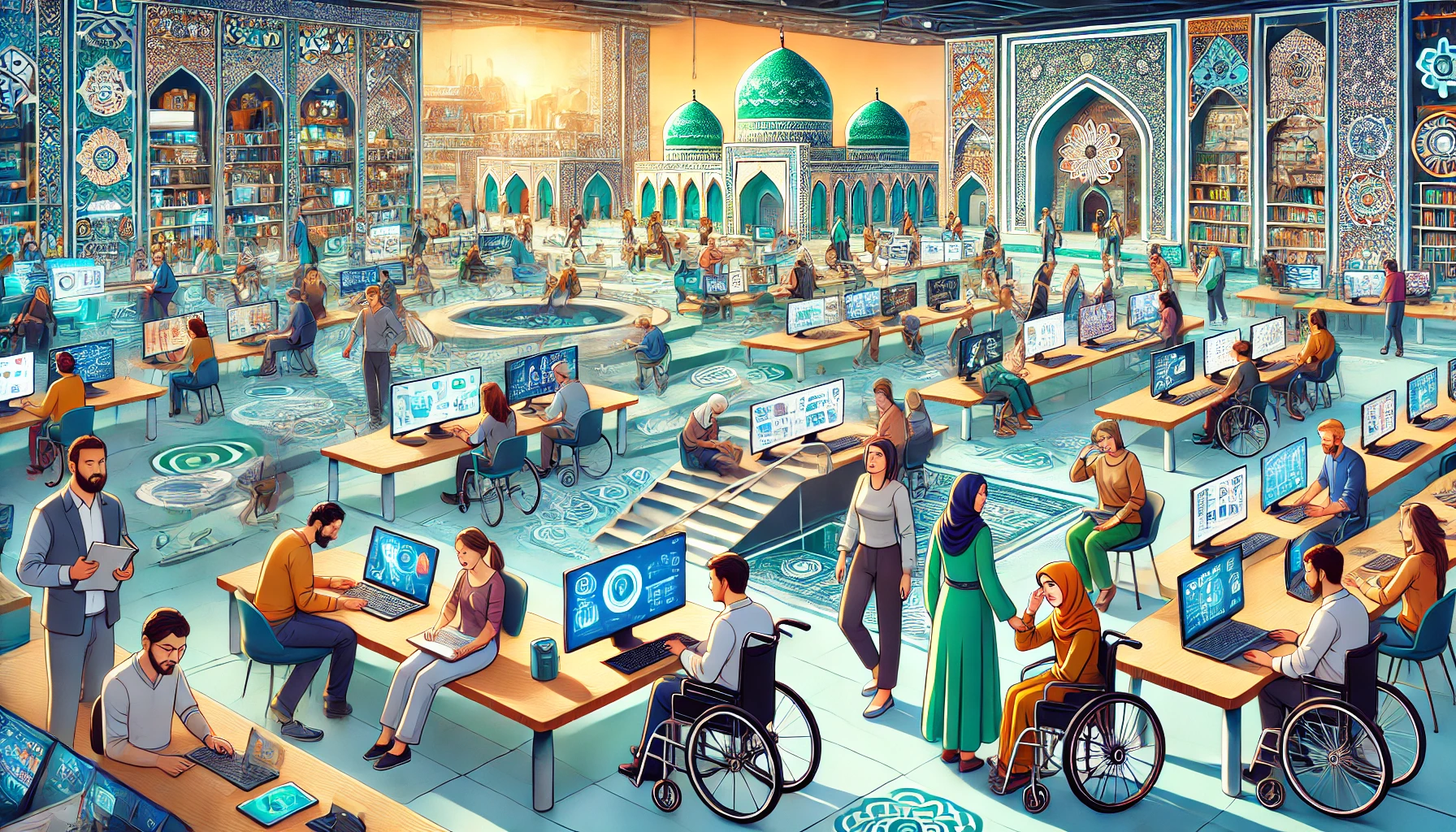ADB Approves $100 Million Loan to Boost STEM Education in Uzbekistan
Uzbekistan is rapidly modernizing its education system to meet the demands of a digital and knowledge-based global economy.

- Country:
- Philippines
The Asian Development Bank (ADB) has approved a $100 million concessional loan to help Uzbekistan strengthen science, technology, engineering, and mathematics (STEM) education in secondary schools, marking a significant investment in the country's human capital and innovation potential.
The initiative, titled the Science, Technology, Engineering, and Mathematics in Secondary Education Project, aims to equip Uzbekistan's youth with modern, innovation-driven skills essential for sustainable economic growth and social inclusion. The project supports Uzbekistan's long-term ambition to achieve upper middle-income status by 2030, as outlined in the government's Development Strategy for 2022–2026.
Building a Future-Ready Generation
Uzbekistan is rapidly modernizing its education system to meet the demands of a digital and knowledge-based global economy. The ADB-supported project will transform how STEM subjects are taught across the country, focusing on practical learning, digital literacy, and gender inclusion.
"This project reflects Uzbekistan's commitment to investing in human capital and empowering its youth," said Kanokpan Lao-Araya, ADB Country Director for Uzbekistan. "By strengthening STEM education, Uzbekistan is laying the foundation for a more inclusive, resilient, and globally competitive future."
The project will upgrade 200 secondary schools into modern STEM resource centers that will serve as hubs for neighboring schools, helping to spread the benefits of improved infrastructure and teacher training across regions.
Modern Learning Environments and Infrastructure
Under the program, schools will be equipped with:
-
Modern science and technology laboratories to facilitate hands-on learning.
-
Upgraded information and communication technology (ICT) infrastructure, including computer labs and digital tools for interactive learning.
-
Solar energy systems to enhance sustainability and reduce operational costs.
-
Inclusive facilities to ensure accessibility for students with disabilities.
These improvements will not only modernize classrooms but also promote energy efficiency, climate resilience, and inclusive learning environments, in line with ADB's Strategy 2030 priorities.
Strengthening Teacher Skills and STEM Learning
Beyond infrastructure, the project places strong emphasis on teacher development and curriculum modernization. It will provide nationwide training for teachers in six key STEM subjects—science, mathematics, technology, engineering, computer science, and environmental studies.
The initiative will also promote interdisciplinary learning approaches, integrating problem-solving and critical thinking skills into lesson plans. Digital teaching tools and education technology (EdTech) solutions will play a central role, helping teachers design engaging and interactive learning experiences.
Promoting Gender Equality in STEM
Gender disparities remain a challenge in science and technology education across Central Asia. To address this, the project includes advocacy campaigns, career counseling, and mentorship programs aimed at encouraging girls to pursue STEM studies and careers.
By creating safe and inclusive spaces for female students and highlighting successful women in science and engineering, the program seeks to dismantle stereotypes and inspire the next generation of women innovators.
"Encouraging girls to engage in STEM education is not just about equality; it's about maximizing the country's innovation potential," said Lao-Araya.
Supporting National and Regional Development Goals
The STEM education project aligns closely with Uzbekistan's Development Strategy for 2022–2026, which prioritizes education reform, innovation, and green growth. It also supports ADB's Strategy 2030 themes of inclusive human capital development, digital transformation, and climate resilience.
The initiative complements other ongoing ADB programs in Uzbekistan, including future investments in vocational and technical education to prepare the workforce for the green and digital economies.
By fostering STEM competence, the project will help bridge skills gaps, stimulate entrepreneurship, and enable Uzbekistan to participate more effectively in global value chains, particularly in technology, renewable energy, and manufacturing sectors.
ADB-Uzbekistan Partnership: 30 Years of Cooperation
This year marks the 30th anniversary of the partnership between ADB and the Republic of Uzbekistan. Since joining ADB in 1995, Uzbekistan has received $14.6 billion in loans, grants, and technical assistance, covering areas such as infrastructure, agriculture, energy, public finance, and human development.
ADB's continued support reflects its confidence in Uzbekistan's reform trajectory and its focus on inclusive and sustainable growth through education and skills development.
"Human capital is the engine of innovation and economic diversification," Lao-Araya noted. "Through this partnership, ADB is helping Uzbekistan empower its young people to become the innovators, engineers, and scientists of tomorrow."
Toward a Knowledge-Driven Economy
As Uzbekistan accelerates its transition toward a knowledge-based economy, investing in STEM education is critical to building a skilled workforce capable of meeting future challenges in technology, sustainability, and industrial modernization.
The ADB project not only strengthens education systems but also promotes a culture of inquiry, innovation, and inclusion — ensuring that Uzbekistan's youth are equipped to lead the country into a more prosperous, equitable, and future-ready era.
ALSO READ
-
ADB Grants $500M to Boost Uzbekistan’s Economic Governance and Global Integration
-
AXA Empowers 10,000 Girls with STEM Education Initiative
-
Fabio Cannavaro: Leading Uzbekistan to Their World Cup Debut
-
Fabio Cannavaro: From World Cup Champion to Uzbekistan Coach
-
Fabio Cannavaro Takes Helm as Uzbekistan's World Cup Coach









